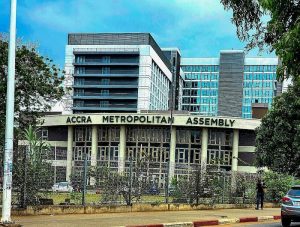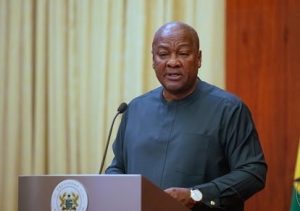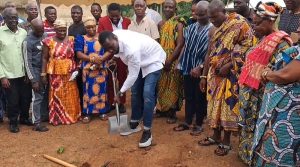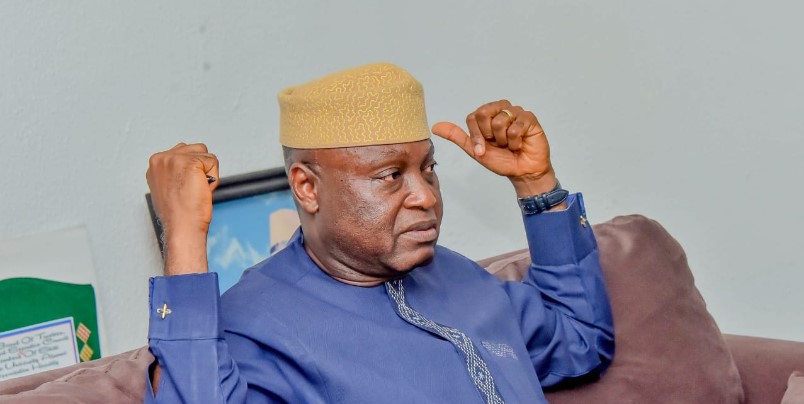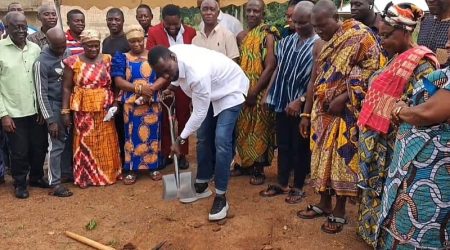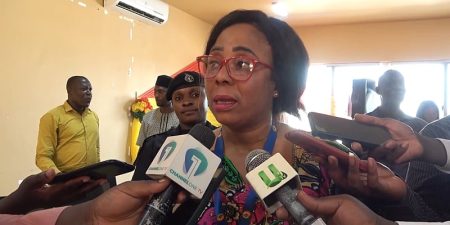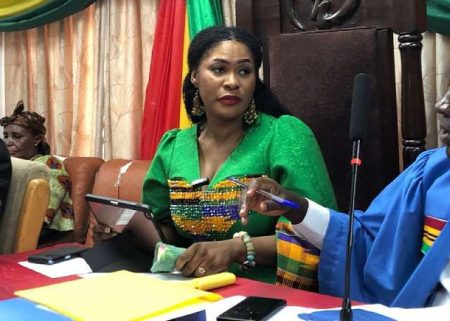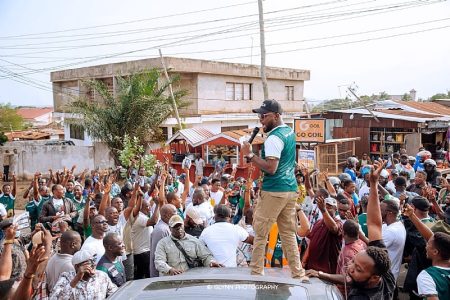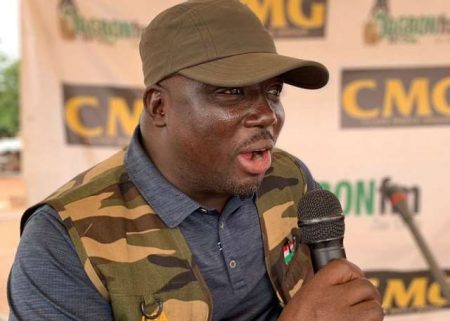The political landscape in Ekiti State is heating up as the 2026 gubernatorial election draws closer, marked by a stark contrast in perspectives between the Social Democratic Party (SDP) and the ruling All Progressives Congress (APC) regarding Governor Biodun Oyebanji’s performance. The SDP, through its state chairman Bamikole Ayodele, has launched a scathing critique of the governor’s tenure, citing failures in key areas such as infrastructure development, agricultural advancement, security provision, job creation, and tourism promotion. Ayodele contends that these shortcomings have created a fertile ground for the SDP to wrest control of the state from the APC in the upcoming election, promising a rescue mission for Ekiti.
Conversely, the APC, represented by its state publicity secretary Segun Dipe, has vehemently refuted these claims, dismissing the SDP as a politically insignificant entity lacking the capacity to challenge the ruling party’s dominance. Dipe asserts that Governor Oyebanji has delivered commendable results across all sectors, earning him widespread public approval and fueling calls for his re-election in 2026. He portrays the SDP’s criticisms as mere attention-seeking tactics, emphasizing the party’s lack of visibility and influence within the state.
The SDP’s critique delves into specific areas of concern. Ayodele points to the state of infrastructure, alleging a lack of tangible achievements despite the governor’s access to substantial allocations. He accuses the governor of mismanaging resources and failing to deliver on his electoral promises. In the agricultural sector, Ayodele criticizes the lack of initiatives to leverage Ekiti’s fertile land and engage young graduates in productive farming ventures. He envisions the establishment of well-equipped farm settlements with access to essential amenities as a catalyst for agricultural growth and youth employment.
Furthermore, the SDP chairman raises concerns about the security situation in the state, urging the governor to prioritize the safety of residents and ensure that roads and farms are free from criminal activities. He underscores the need for a secure environment conducive to economic activities and free movement. Ayodele also accuses the governor of favouritism and nepotism in job creation, arguing that employment opportunities should be distributed fairly among all residents regardless of political affiliation. He reminds the governor that his responsibility extends to the entire state, not just members of the APC.
The APC, however, paints a vastly different picture. Dipe highlights Governor Oyebanji’s accomplishments in infrastructure development, citing improvements in electricity supply to previously underserved communities and road rehabilitation projects in remote areas. He argues that the ongoing rainy season hampers construction activities, but emphasizes the governor’s commitment to infrastructure development. Dipe also points to progress in agriculture and tourism, attributing these achievements to the governor’s effective policies and initiatives.
Dipe dismisses the SDP’s criticisms as baseless and politically motivated, emphasizing the widespread public support for Governor Oyebanji’s administration. He cites the positive feedback from Ekiti residents as evidence of the governor’s successful performance, invoking the adage that “the voice of the people is the voice of God.” Dipe expresses confidence in the APC’s victory in the 2026 election, downplaying the SDP’s challenge and questioning their capacity to compete effectively.
The contrasting narratives presented by the SDP and the APC underscore the deepening political divide in Ekiti State as the 2026 governorship election approaches. The SDP’s emphasis on perceived failures in governance sets the stage for a potential showdown with the ruling party, while the APC’s focus on achievements and public support aims to solidify its grip on power. The ensuing months will likely witness intensified political activities and heightened rhetoric as both parties seek to sway public opinion and secure their respective electoral objectives. The ultimate verdict will rest with the electorate, who will have the opportunity to assess the performance of the incumbent governor and decide the future direction of Ekiti State.


